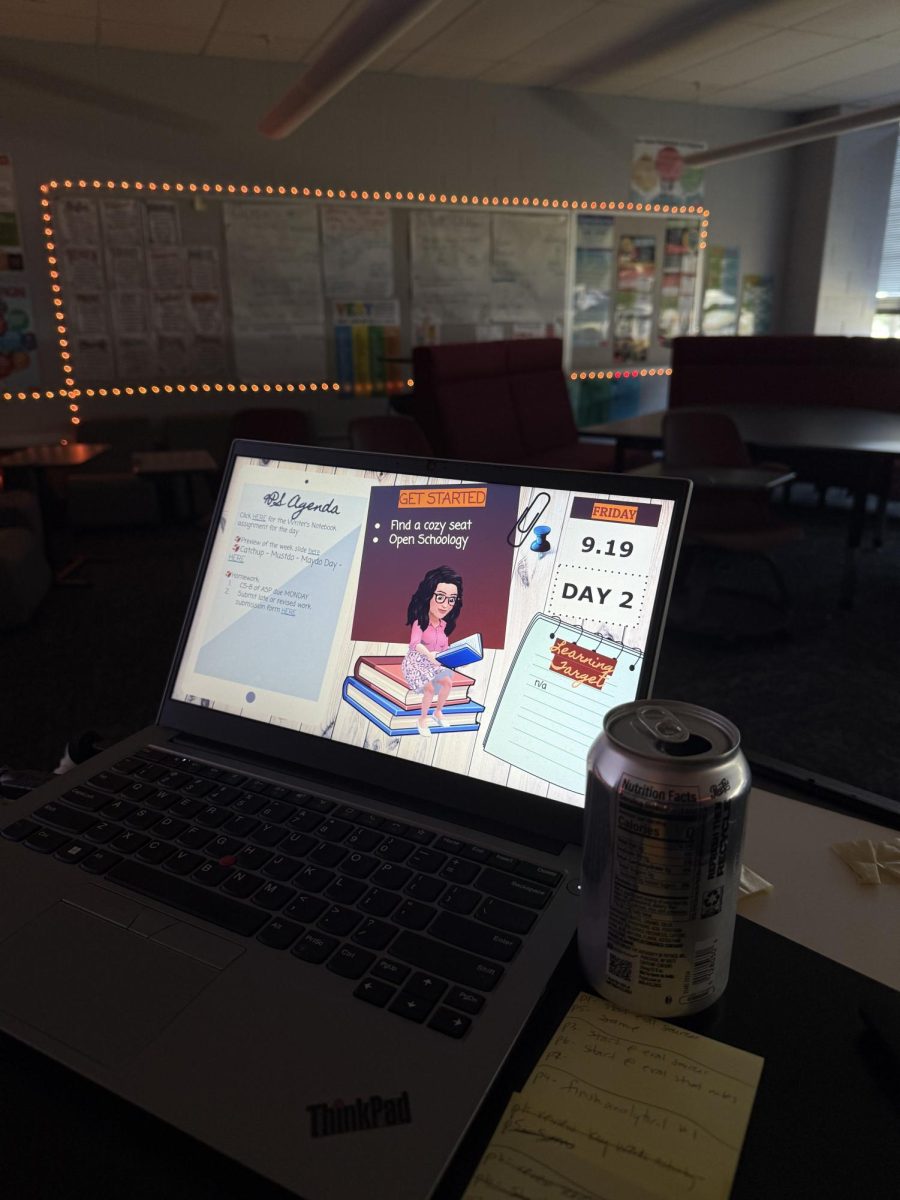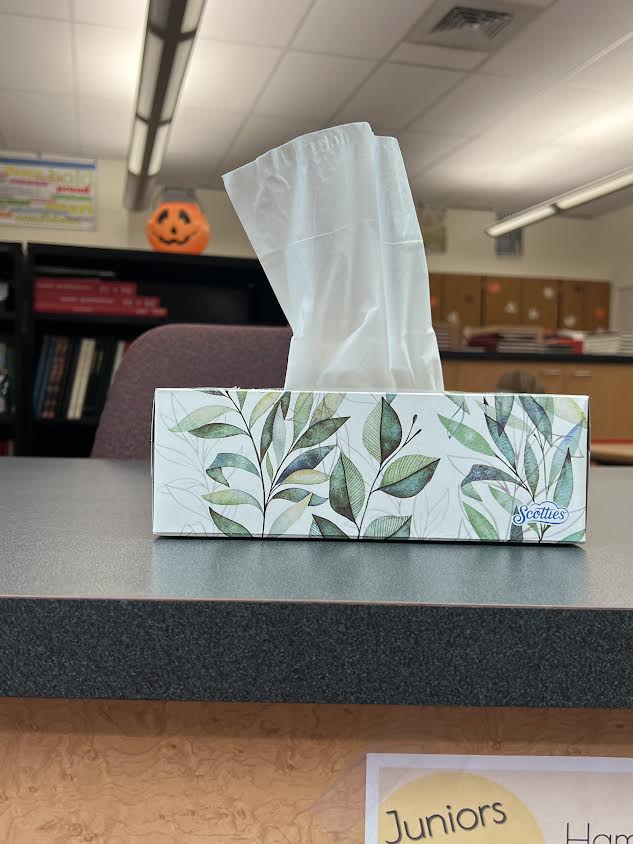As the seasons are changing, people’s health starts to deteriorate as the cold sets in. Illnesses start to spread and students start to become ill. Weather sickness itself is not contagious, as it is usually how the body reacts to the natural shifts in pressure and other factors. Weather sickness does weaken the immune system and makes people more vulnerable to conditions that are contagious, such as colds, the flu, and certain nasal infections. Because of this, it is wise to take precautions to prevent the spread as many do not know what illnesses they have picked up along the way.
Junior Grace Cromyak states, “To safely get rid of mu sickness, I usually stay home so I don’t spread it. I wash my hands and clean up after myself so nobody in my house gets sick. I will usually take medicine if it gets bad, but otherwise I just let it pass naturally”.
To avoid these seasonal illnesses, make sure to clean off any pre-used public areas, keep hand sanitizer close, wash the hands thoroughly, and use proper cleaning products that have a 99% bacteria kill rate. This will keep homes sanitized and safe from other germs. To prevent nasal infections, use a saline rinse to cleanse out the nasal cavity, keep kleenex near, and wash the face before sleeping. This will wash off any airborne particles that carry illnesses to help further prevent infections and illnesses.
School is a breeding place for germs. Since everyone is always near each other, or interacting with other people, sickness and colds are very common. For teachers to prevent illness, tissues and hand sanitizer should be available to all students in the classroom. Teachers should also thoroughly wipe off desks with disinfectant, or a disinfectant spray to cover more space of the classroom conveniently.
Shifting weather patterns often lead to plants releasing pollen, bacteria, and fungi emerging from dormancy. People whose immune systems are already fighting weather-related conditions are more susceptible to sinus infections and similar illnesses. It takes the human body about two weeks to acclimate to weather changes, particularly if changes signify a shift in seasons. If these symptoms worsen over the span of two weeks or do not dissipate by the time it has supposed to have settled into the weather, it is recommend to speak with a sinus specialist to make sure there are not other conditions such as chronic sinus infections, flu, RSV, COVID-19, or similar issues.
For more information visit, https://www.kaplansinusrelief.com/blog/can-fluctuating-weather-make-you-sick/




























